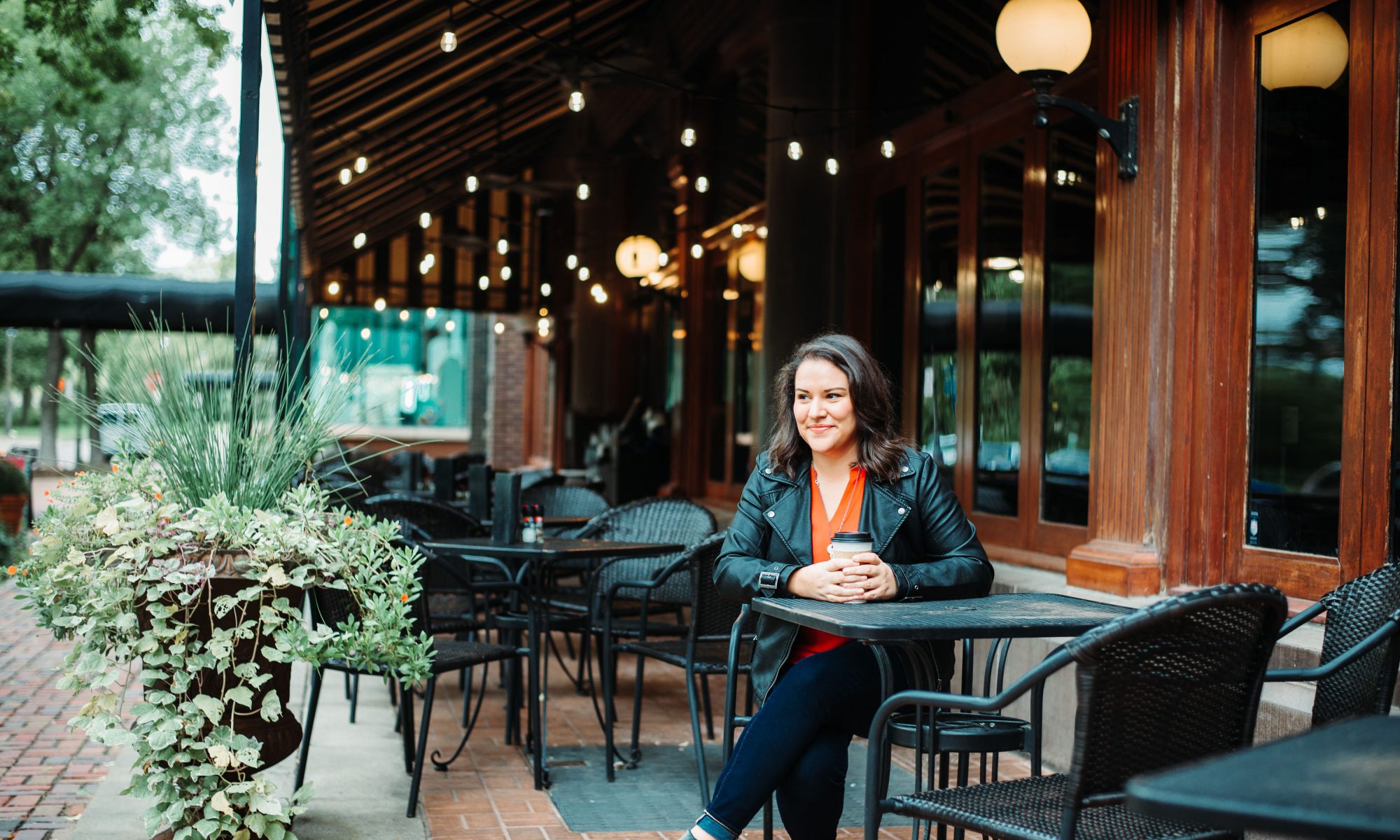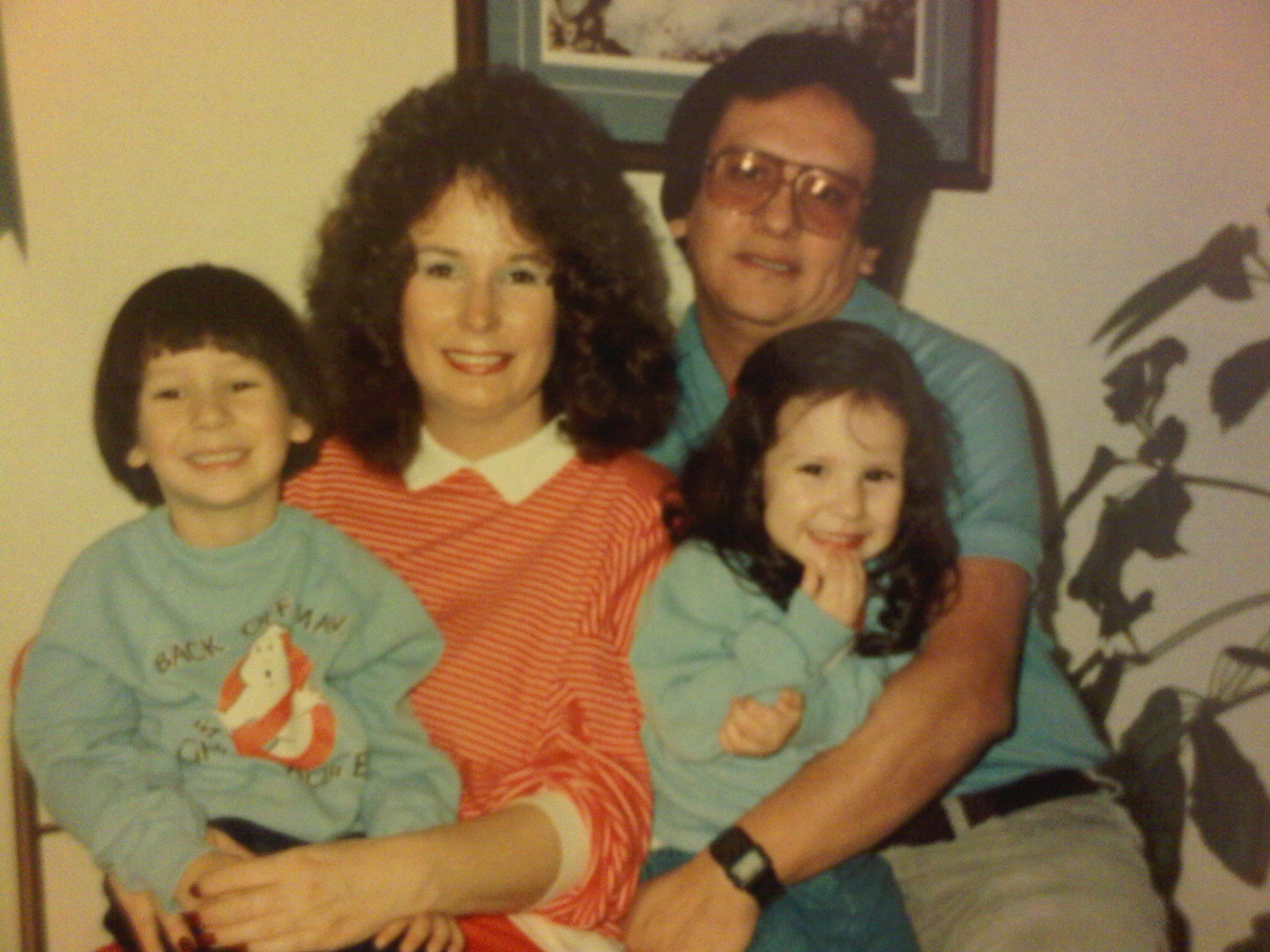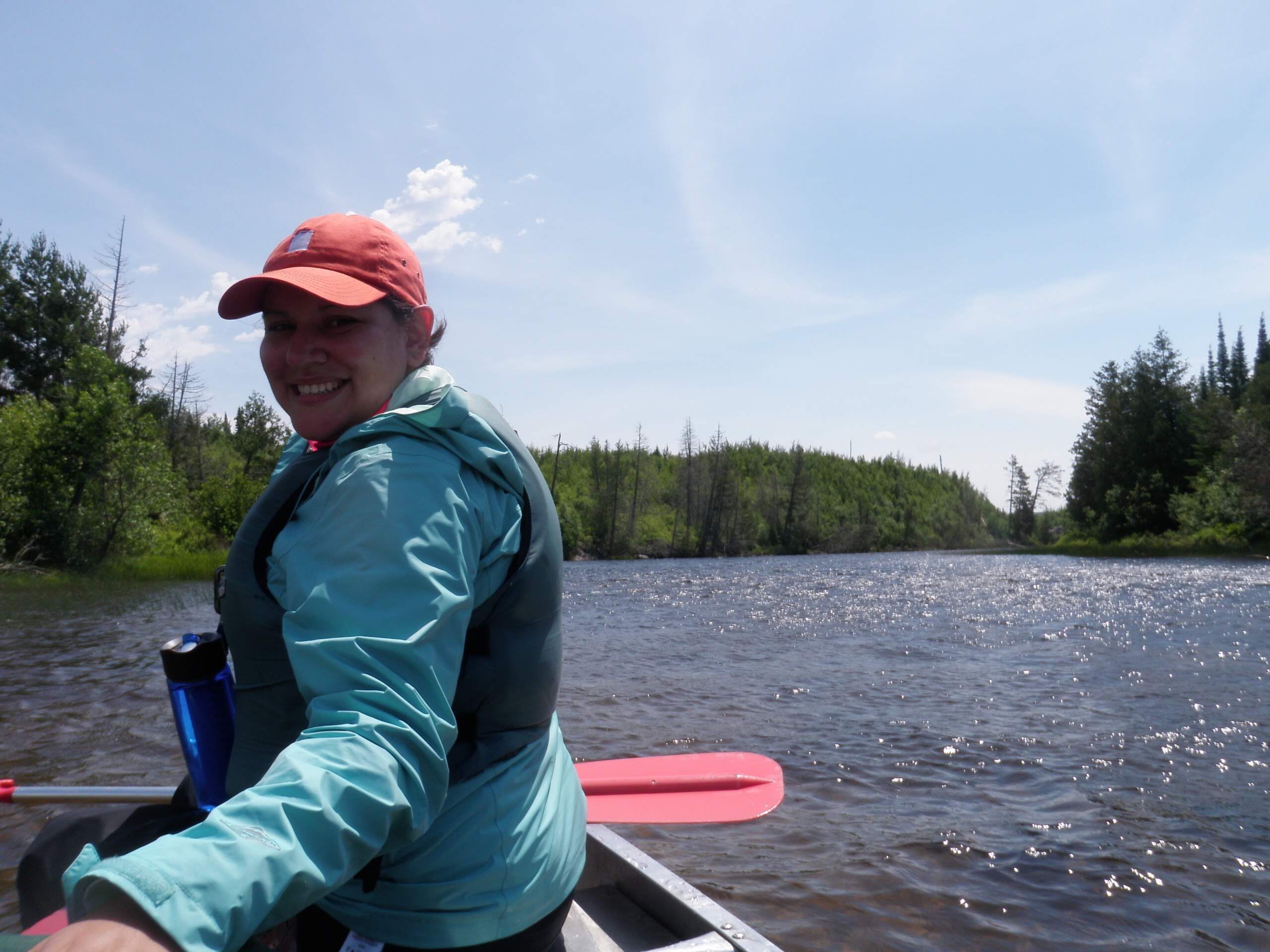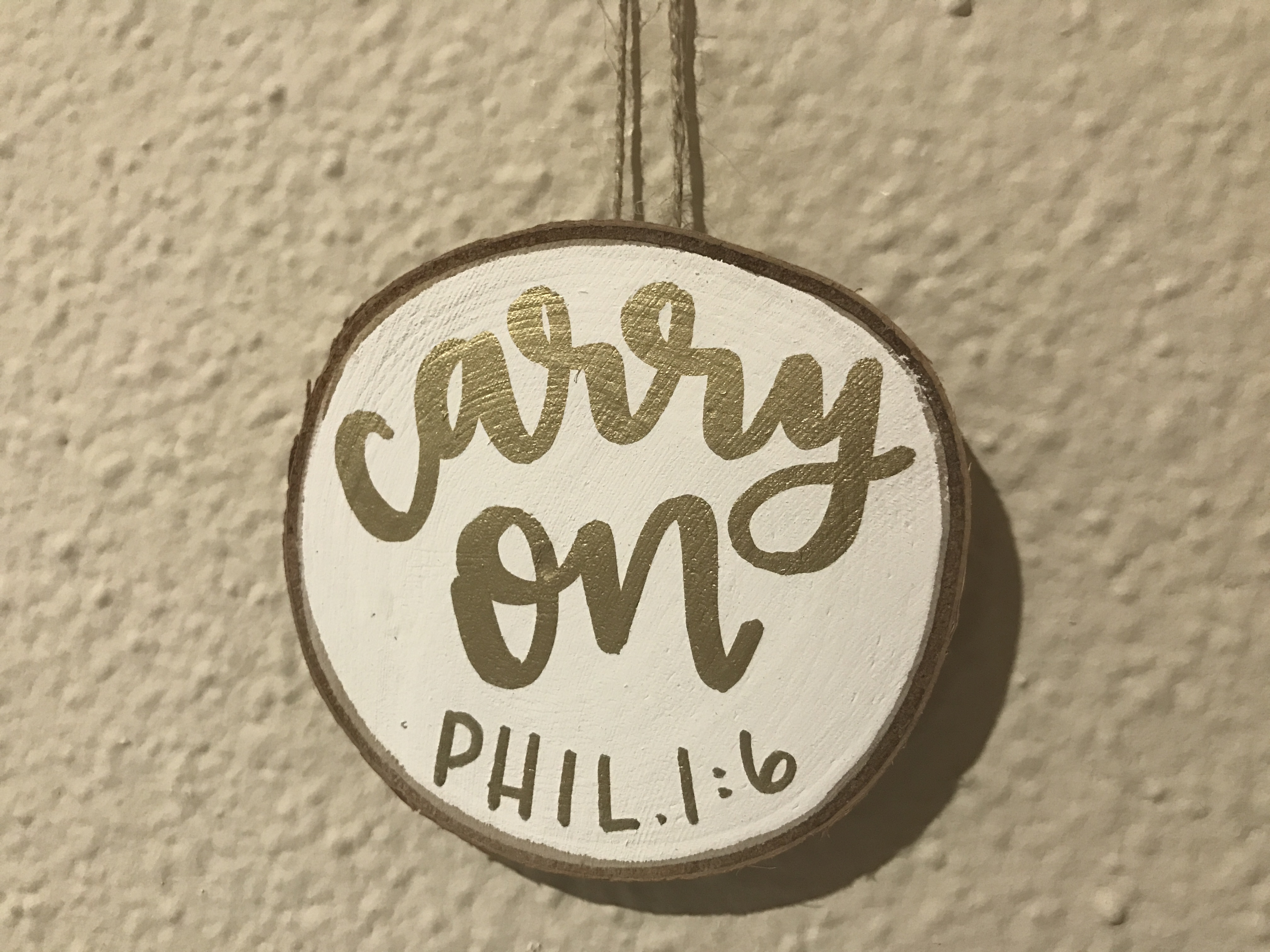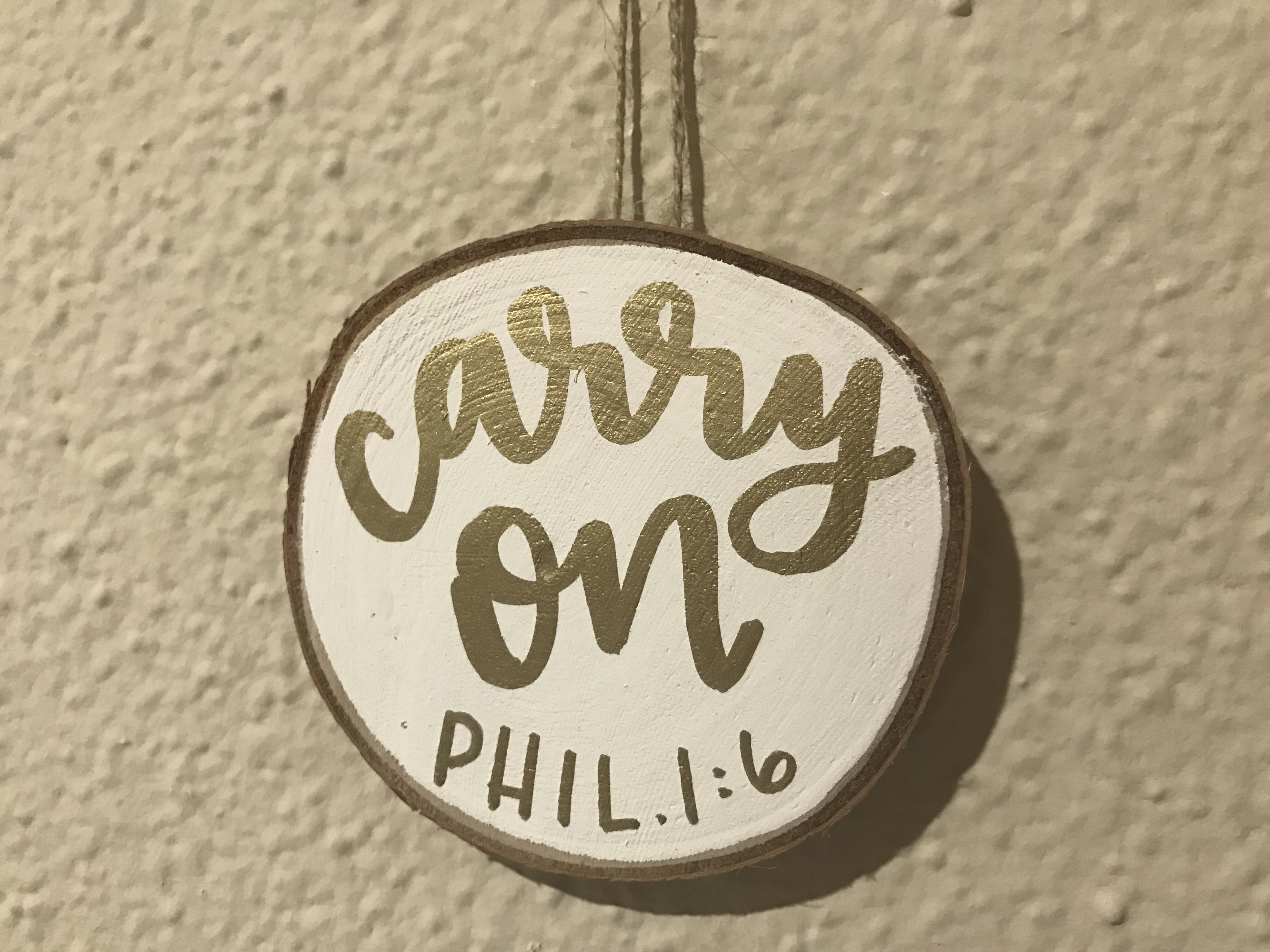As I continue to shape my next post series, here’s another post pulled from the unpublished files. The moment recalled in this story was a defining moment in finding my pastoral identity. I’m still thankful for the challenging words of this denominational leader.
I walked confidently into that room. I knew who I was, I knew what I was called to do and I was ready to share it with the people on the other side of that table.
I was most of the way through an interview process where I had to sit with various leaders of our denomination and basically sell myself. They would say it’s more for them to get to know the graduating class, but we all knew what was really happening – we were pitching our personal brands of ministry hoping that someone was willing to help us find a place to practice said ministry.
My interviews had been going well, I felt encouraged and I had no reason to believe this next one wouldn’t go just as well. My time in this seminary had helped me fine tune exactly what I felt God was calling me to. So I entered that room boldly, sat down and shared what I had to share.
When it came time for them to ask me questions, one of our leaders looked me squarely in the eye and asked if I would consider a senior pastor role. I was caught off guard and so I said something about how I didn’t feel ready. All my experience was in youth ministry. I was 27 years old. What church would hire a young youth pastor to run their whole church? That seemed crazy.
He paused a second before he responded. “Why do you think it is that the majority of your male colleagues have come in here with less experience, younger than you and every one of them has said they wanted to be a senior pastor?”
I stared blankly at him, not quite sure how to respond. I knew what he was saying was right. I’d walked three years beside these men. I sat in class with them, I led worship alongside of them, heard them practice preaching, debated ethics with them. I had first-hand knowledge of their brazen self-confidence.
I knew the question wasn’t meant to get a response from me. I think the point was being made that I had put a glass ceiling above myself. Because even in my own denomination that ordains and calls women, even though I had served alongside and under the leadership of many gifted and talented women, I couldn’t see myself doing it.
And this man was calling me out on it. Because my response could have been that right now my call was not to be a senior pastor. I could have said that I’d be open to it someday. But my response was that I was not ready which he could see through to the heart of what I really felt – I didn’t see myself doing it.
The truth was that I had just spent three years in seminary trying to prove to myself that I really was called to ministry. I spent three years wrestling with my identity as a leader in classes full of men who seemed to never question those things.
So the reason that ceiling was there for me but not for them? They’ve probably never been asked whether or not women could be pastors. They probably never had someone laugh in their faces or ask them if they were becoming nuns. They probably didn’t get feedback in preaching class about the amount of make-up they had worn.
I am not at all minimizing their own soul work that had to be done. We all have stuff we have to work through. But in that moment, in that interview, I realized that even I looked at myself and wondered if I could really do this. Not because I am not capable, but because I am a woman.
